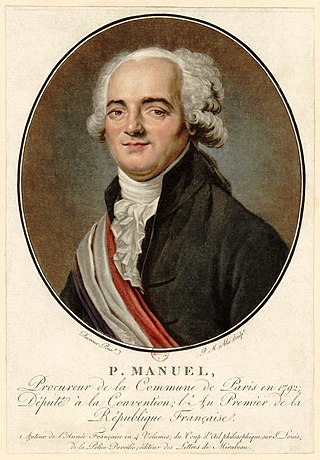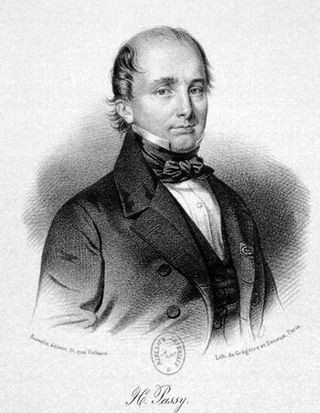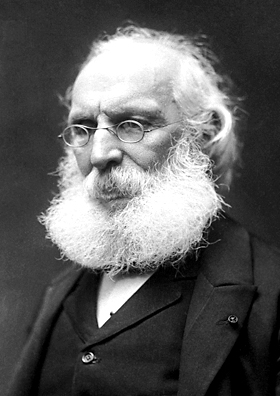Related Research Articles

Louis Pierre Manuel was a republican French writer, municipal administrator of the police, and public prosecutor during the French Revolution who was arrested, trialled and guillotined.

The unicameral Assembly of the Union of the Comoros is the country's legislative body. It was established in 2004.

Saint-Germain-des-Grois is a commune in the Orne department in north-western France.

Banvou is a commune in the Orne department in northwestern France.

Messei is a commune in the Orne department in north-western France.
Joseph François Augustin Monneron was French banker and politician, as well as an active merchant in New Orleans seeking to reestablish French influence there after the Louisiana Purchase. He was deputy for Paris to the Legislative Assembly in 1791 until retiring from it in 1792. His brothers Louis Monneron (1742-1805) and Pierre Antoine Monneron (1747-1801) were deputies to the Estates General of 1789 for the East Indies and Mauritius respectively. Other brothers were the deputy Charles Claude Ange Monneron and the engineer Paul Mérault Monneron.

Hippolyte Philibert Passy was a French cavalry officer, economist and politician.

Pierre Joseph Duhem was a French physician and politician.

Claude-Alexandre Ysabeau was born in Gien on 14 July 1754 and died in Paris on 18 March 1831.

Jean-Eugène Dezeimeris was a French librarian and historian of medicine.

Henri-Joseph Dugué de La Fauconnerie (1835-1914) was a French politician. He served as a member of the Corps législatif from 1869 to 1870, and as a member of the Chamber of Deputies from 1876 to 1881, and from 1885 to 1893, representing Orne.

Jean Bertrand Féraud, was a French politician of the French revolutionary era.
Florimond-Benjamin MacCurtain was a French Politician and Soldier who gained notoriety during the late 18th and early 19th century. He entered military services in the French Royal Army in 1781 at seventeen years of age. He was quickly granted the rank of ‘Commissioner of War’ within the Army, and elected deputy of the Loire-Inferior to the Council of Five Hundred. During the revolution he was sentenced to deportation because of his father's status as a knight and landowner, but was able to escape from this and join the Chouans. He campaigned for the royalists in Upper Brittany and Lower Anjou for some time. During the French Consulate, he was relieved of his duties and remained out of public affairs during the age and chaos of Napoleon. Following the restoration of the French monarchy he was permitted to rejoin the legitimist Army of Louis XVIII in 1814, and appointed military superintendent on October 4, 1820, an office which he held until his retirement on June 7, 1834. He was granted the Barony of Kainlis for his service to the French Crown, as well as the distinction of an ‘Officer of the Legion of Honor’.
Unlike the other legislatures of the Fifth French Republic, the eighth legislature from 1986 to 1988 had proportional representation by department. This table summarises representatives from Ain in the 7th, 8th and 9th legislatures.

The Passy family is a French political family which had prominent members in 19th Century politics and 20th Century linguistics. Notable members of the family are all descended from Louis François Passy. He was born in Eure in northern France, and members of the family remained within the area for over a century.
Unlike the other legislatures of the Fifth French Republic, the eighth legislature from 1986 to 1988 had proportional representation by department.
Unlike the other legislatures of the Fifth French Republic, the eighth legislature from 1986 to 1988 had proportional representation by department.
Haut-Rhin's 7th constituency was a constituency of the French Parliament. It elected one Member of Parliament and was abolished at the 2010 redistricting of French legislative constituencies. The (pre-2015) cantons of Cernay, Ensisheim and Soultz-Haut-Rhin were attached to the revised 4th constituency, while the canton of Guebwiller was moved to the 2nd.
References
- ↑ Publications (in French). Paris: Société de l'histoire de la révolution française. 1916. p. 279. Retrieved 7 November 2024.
- ↑ "Antoine, Marie, Charles Garnier - Base de données des députés français depuis 1789 - Assemblée nationale". www2.assemblee-nationale.fr. Retrieved 7 November 2024.
- ↑ Rapport (in French). Archives départementales du Doubs. 1912. p. 5. Retrieved 7 November 2024.
- ↑ Robinet, Jean-François (1898). Dictionnaire historique et biographique de la Révolution et de l'Empire, 1789-1815 (in French). Librairie historique de la Révolution et de l'Empire. p. 13. Retrieved 7 November 2024.
- ↑ "Liste des députés - Révolution - Conseil des Cinq-Cents - Base de données des députés français depuis 1789 - Assemblée nationale". www2.assemblee-nationale.fr. Retrieved 7 November 2024.